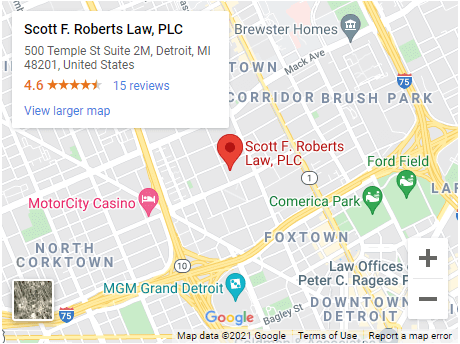The U.S. House of Representatives may very well vote to decriminalize marijuana, as well as provide a historical overhaul of the federal government’s treatment of the drug. HR 3884, otherwise known as the Marijuana Opportunity, Reinvestment, and Expungement Act, or MORE Act, is a comprehensive reform bill that attempts to begin repairing the damage done by the failed “War on Drugs.”
The MORE Act would not legalize cannabis in all states. States would still be free to make marijuana possession and sale a criminal defense, but the MORE Act would reverse the current interplay between state and federal law. Currently, most state laws allow medical and / or recreational cannabis, while federal law does not. With the passage of the MORE Act, federal law would allow possession or sale of cannabis, but many states would still have more restrictive cannabis laws on their books.
Most notably, if passed, the bill would remove marijuana from the list of scheduled substances under the Controlled Substances Act and would have a real impact on those suffering from marijuana-related criminal convictions. A significant expansion of expungement programs and a grant establishment for communities that have been negatively impacted by the justice system’s approach to drug crimes are also found within the proposed legislation, as well as a 5% federal tax on all marijuana sales. The bill also calls for greater testing and research, and even allows veterans to obtain medical marijuana recommendations from VA physicians.
But wait, there’s more! Passage of the MORE Act is another important step to easing federal constraints on marijuana businesses operating legally under state law. Currently, marijuana businesses face limited access to banking and business loans, not to mention disproportionate tax treatment.
Operators of cannabis businesses have good reason to keep a close eye on how the proposed legislation is received at the federal level. Although there will be little impact to the IRS Code Section 280E, the prominent federal tax provision known to flatten profit margins for industry operators, the MORE Act provides for a funding allowance by the Small Business Administration, improving access to financial assistance for cannabis entrepreneurs looking to enter or scale their business. As it stands, there are few commercial lenders that avail themselves of the industry; those that do provide funding have little competition and often time pose significant downside to operators who seek sustainable growth. At our cannabis business law firm, we often have only a handful of potential referrals for cannabis businesses seeking financing, and all potential lending options have interest rates almost twice that of a normal business loan.
However, as more and more states recognize and implement laws to regulate the emerging commercial marijuana industry, the more potential there is for progress at the federal level. The MORE Act would certainly spearhead and accelerate efforts to impose major federal reform and could prove to be a catalyst to help level the playing field for those looking to flourish in the cannabis marketplace.




